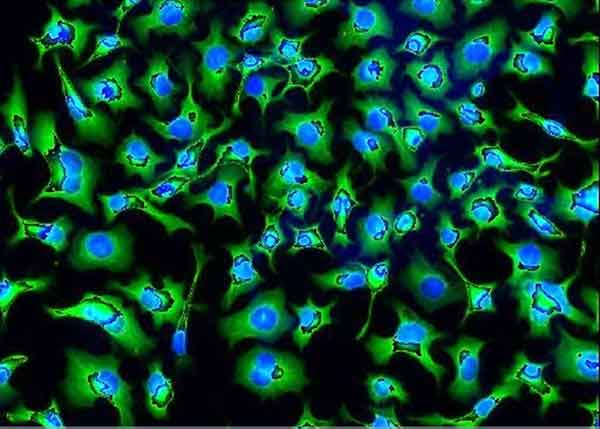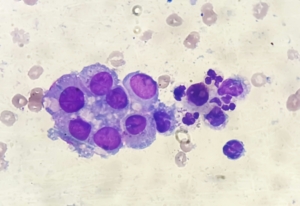
Researchers target neuroblastoma with ALK-ADC
Researchers at Celldex Therapeutics, Inc and Nerviano Medical Science Srl report elimination of the most common childhood cancer by an ADC in xenografted mice expressing either wild-type or mutated ALK.
Anaplastic lymphoma kinase (ALK) has been demonstrated to be a moving target expressed in neuroblastomas: if targeted with small-molecule inhibitors, it rapidly mutates escaping therapy. Approved therapies such as dinutuximab targeting GD2 showed severe side-effects.
Renata Sano and colleagues now used an antibody-drug conjugate code-named CDX-0125-TEI to target both, xenografted neuroblastomas expressing wild-type ALK or mutated ALK. First, the researchers confirmed that ALK is not expressed in normal healthy tissues, indicating that their approach should be safer than approved targeted therapies. Then, they targeted xenografts expressing ALK with CDX-0125-TEI, which exhibited efficient antigen binding and internalization, and cytotoxicity at picomolar concentrations in cells with different expression of ALK on the cell surface.
In vivo studies showed that CDX-0125-TEI is effective against ALK wild-type and mutant patient-derived xenograft models. These data demonstrate that ALK is a bona fide immunotherapeutic target and provide a rationale for clinical development of an ALK-ADC approach for neuroblastomas and other ALK-expressing childhood cancers such as rhabdomyosarcomas.


 Unsplash+
Unsplash+
